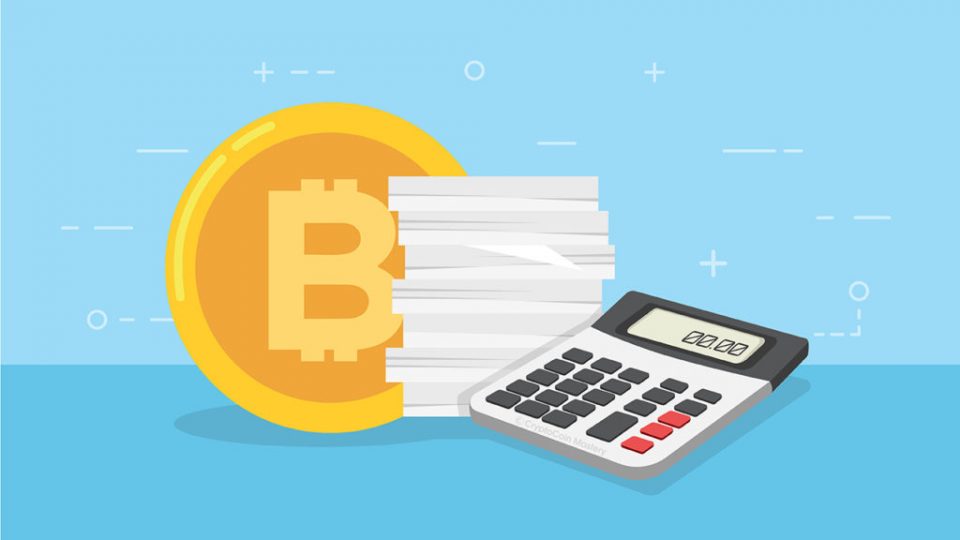Are you losing a chunk of your cryptocurrency gains to taxes? Maybe you traded one cryptocurrency to another at just the right moment and withdrew a hefty amount in dollars, and you’ve now discovered that the IRS wants to take a large share. Recently, cryptocurrency capital gains taxes have become a point of interest for governments around the world.
Don Fort, the Chief of the IRS criminal investigation unit, recently spoke on a tax conference panel and discussed at length how “cryptocurrency is becoming a new area of enforcement for him.” Other events like the IRS Coinbase Summons and the IRS warning sent to tax filers clearly show the intentions of the US government. The U.S. isn’t the only country cracking down, as recently Australian governments have started going after non-compliant traders.
With this increased scrutiny comes the question: How can I minimize my crypto tax liability while staying in the good graces with the law? This article discusses six strategies in response to this question.
Depending on what country you live in, your cryptocurrency will be subject to different tax rules. The questions below address implications within the United States, but similar issues arise around the world. As always, check with a local tax professional to assess your own particular tax situation.
- Give Away Your Cryptocurrency
Yes, this might sound crazy. No, this is not a suggestion to donate all of your hard earned cryptocurrency gains to charity. However, if you gift your cryptocurrency to a family member or a friend, you can partially address your problem with cryptocurrency taxes. In 2018, the IRS allowed U.S. citizens to offer a gift of up to $15,000 without documented proof of the transaction. This is also not a taxable event, so the gift does not trigger a capital gain.
This is a particularly interesting alternative considering that when the recipient of your gift decides it’s time to cash out, that value that’s taxed is based on the market value on that given day. Something to think about as you ponder what to do with your crypto gains.
- Be a Long Term Investor
Cryptocurrency is treated as property by the IRS and in many other countries. Just like stocks, bonds, and other forms of personal property, you incur capital gains when you sell property for more than you acquired it for. The government taxes these capital gains differently depending on how long you held the investment. Because the government wants toincentivize long-term investing, the capital gains tax rate is less for investments that are held for more than a year and more for investments that are held for less than a year. This means that if you bought Bitcoin, held it for a month, and then sold it, your capital gains tax rate would be higher than if you waited to sell it a year later.
- Get a Crypto Loan
“Crypto is so volatile; it doesn’t make sense for me to hold my investment for more than a year!”
This is a very fair point and a compelling argument. Because of the volatility present in the crypto markets, it might often make sense to seek short term gains. However, what if there was a way to “cash out” now but still benefit from the longer-term capital gains tax rate? This is where borrowing against your crypto holding can really pay off and minimize your tax liability.
Selling crypto is a taxable event. Exchanging crypto-for-crypto is a taxable event. Borrowing money against your crypto is NOT a taxable event.
Let’s say you bought $1000 of Bitcoin in June of 2017 and saw that investment grow to $30,000. You face a $29,000 capital gain if you cash out now. Depending on your yearly income, for this example let’s say it is $60,000, you would face a short term capital gains tax on that gain of 25%, and you would owe $7,250 to the government.
Now let’s say you borrowed against that Bitcoin holding for the year. You received $30,000 cash, and the borrower holds your cryptocurrency. You pay interest on that loan. Well now you received that same $30,000 that you did in the first example, but you will be locked into the long-term capital gains tax rate rather than the short-term one. Instead of a 25% tax rate, you would only pay a 15% rate on that same capital gain. You pay $4,350 instead of $7,250. Obviously, this can have a much more dramatic effect when capital gains are substantial.
- Buy Cryptocurrency Via Your IRA or 401-K
By using your retirement account to purchase cryptocurrencies, you can defer paying tax (or even avoid paying it at all): all the income and gains generated by the retirement account will return into the account with tax deferred or (in the case of a Roth IRA), with no tax applied at all. This means your crypto investment can grow and grow… without being hindered by you needing to take money out to pay your tax bill.
- Keep a Detailed Record of Your Crypto Transactions
To ensure that you are paying the correct amount of taxes on your crypto capital gains, you should keep detailed records of every crypto transaction that you participate in over the year. The data you need to collect for these records includes the date you acquired the crypto, the dollar value, the date sold, and the proceeds from the sale. You need all of this data to properly calculate your cost basis and to report your gains. If you haven’t been keeping a detailed record of your crypto transactions, it could save you a significant amount of time to use crypto tax software that automatically calculates your cost basis and capital gains liability for you. This is one of the best ways to ensure you are minimizing your crypto taxes.
- Work With a Tax Professional
While calculating your capital gains taxes from your crypto activity is actually quite straight forward, some traders are doing much more than just high-volume trading. If your situation is complicated, leveraging a knowledgeable crypto tax accountant can often save you money on your tax bill. There are specific tax rules and exceptions within the crypto space that professionals can utilize to help you save money.
At the end of the day, it is a good thing that you have a capital gain liability. It means you made money! However, it is important to be responsible and properly file your gains while simultaneously minimizing your tax liability.


